The advantages and disadvantages of both diesel and electric vans.
Electric vans
More new electric vans are joining the UK market on an almost daily basis, and with the recent introductions of landmark vehicles like the Mercedes e-Vito and Volkswagen eTransporter you can expect more battery-powered releases from all the major manufacturers in 2021.
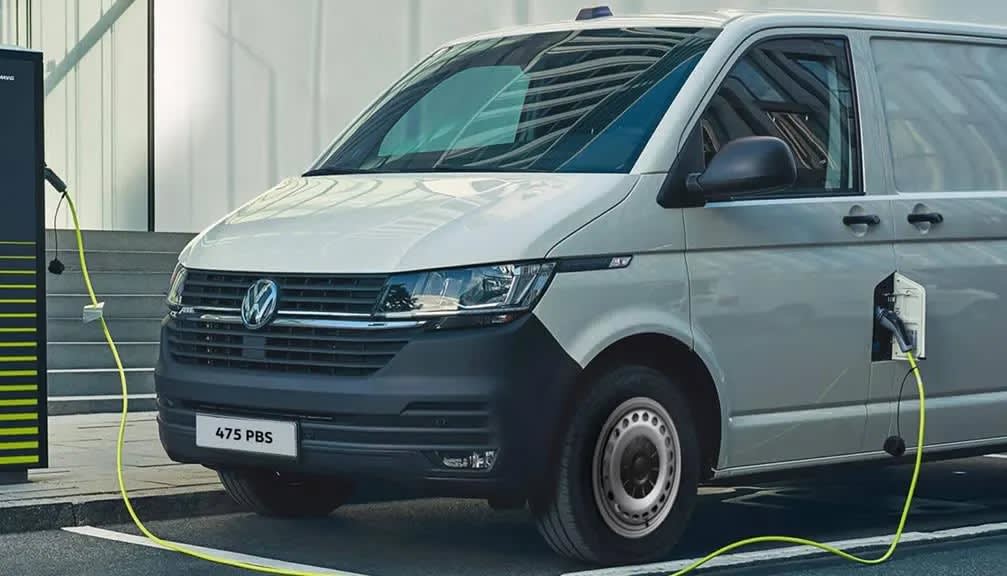
However, the UK’s roads host more than four million vans, with only a small percentage of those currently powered by electricity - for the time being, at least.
Traditionally, diesel vans are equipped with powerful and efficient engines capable of shifting heavy payloads. Add to this the familiarity factor and the ability to refuel them in just minutes, rather than having to be plugged in, and it’s not difficult to see why they make up the main share of the market.
But are electric vans catching up?
As battery technology continues to improve, electrified light commercial vehicles offer numerous benefits over internal combustion engine (ICE) vans, particularly when it comes to tax implications.
And if you are in the market for a new load lugger and want to keep emissions, running costs, or perhaps congestion charge bills down, then an electric van should be a must-consider.
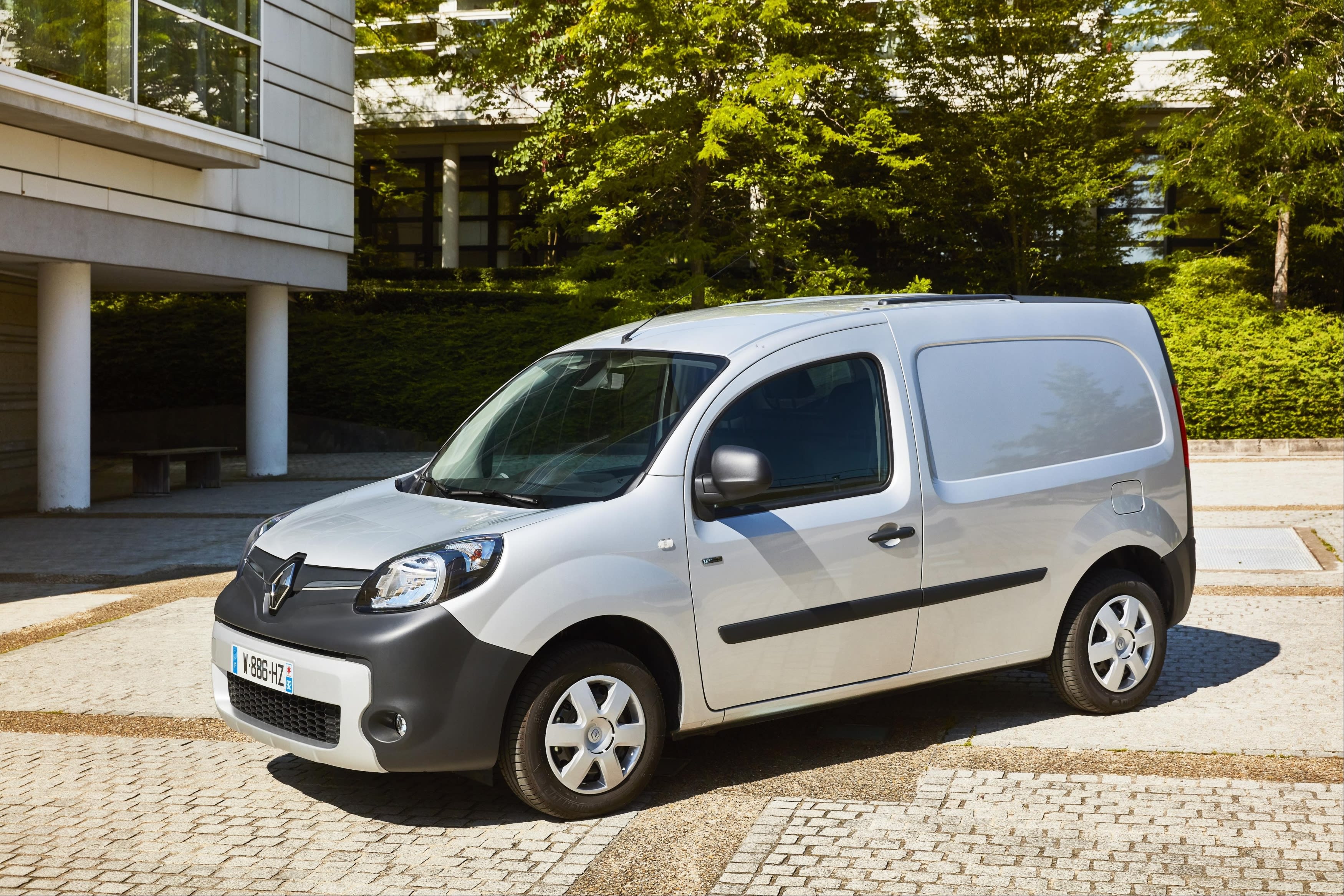
Electric van benefits
The most obvious benefit of breaking from tradition and opting for an electric van is the cost savings when it comes to running them, being significantly cheaper to run than their diesel counterparts. You also get the satisfaction of knowing you’re doing something to benefit the environment, too, thanks to zero emissions driving.
While the range between charges is increasing over time, an electric van might be particularly suited to your business needs if you mainly traverse cities, covering shorter distances, and they’re also a great way to avoid the London Congestion Charge and ULEZ zone charge - which can be a major drain on finances over the course of a year.
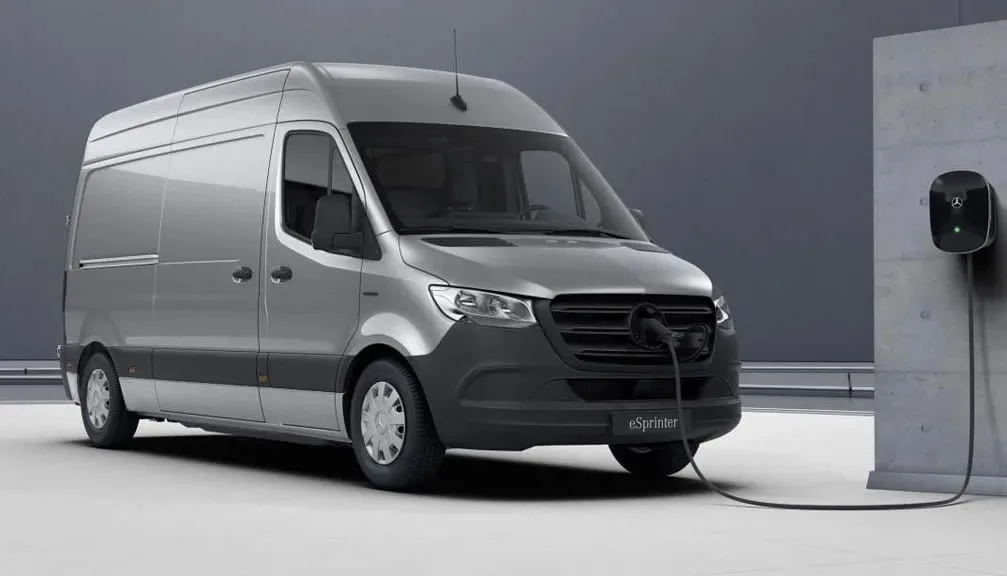
Another benefit of choosing an electric van is that you are not required to pay vehicle excise duty (VED). This will save you a good chunk of money in the long run, with all new non-electric vans subject to a bill of £140-a-year after first year rates.
With electric van ownership comes crucial charging considerations, and it will be important to replenish the battery overnight either at home or at a depot, while installing a dedicated charging point will ensure your van is primed and ready for a day’s graft.
When would I be better off choosing diesel?
While electric vans will offer cheaper running costs, diesel vans tend to be more affordable to either purchase or attract slightly lower monthly payments when leased.
However the big factor in your ultimate decision is likely to lie in how many miles you cover on a daily or weekly basis.
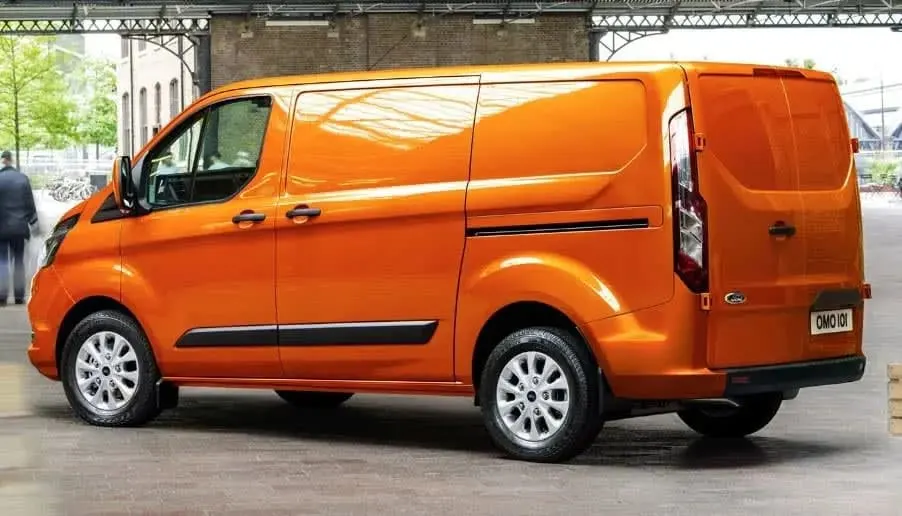
If you need to cover hundreds of miles each day, criss-crossing the UK’s motorway network, even with rapid DC charging you would need to stop for half an hour or more to recharge your van during your journeys. The popular Vauxhall Vivaro-e, for example, has a claimed driving range of over 200 miles per charge, which is right up there with the best for a medium sized van.
Diesel vans also tend to offer higher payloads than their electric alternatives, as the lithium-ion batteries increase the weight of electric vans and reduce how much they can carry.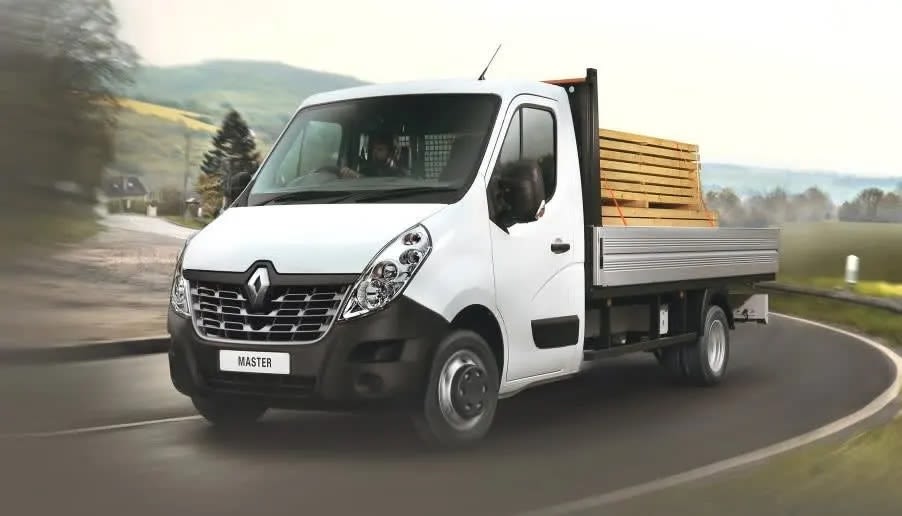
Taking the Renault Master as an example, the Master ZE electric van has a payload of 1,100kg, but diesel models can carry more than 1,500kg.
- Update for Dacia Duster commercial van
- New Renault Trafic panel van launches
- SsangYong announces update for its Musso pick-up
- New Citroen e-Relay launches
- Suzuki introduces new Jimny van
Enjoyed this? Read our latest news:
Where To Next?
For all the latest reviews, advice and new car and van deals, sign up to our newsletter.
Looking for a great leasing deal? Check out our incredible range of van leasing deals..
Read our latest van reviews and find the right model for you.
Want to know more about van leasing? Take a look at our comprehensive van leasing guides.
Interested in everything motoring? Why not catch up on all the latest van leasing news.













